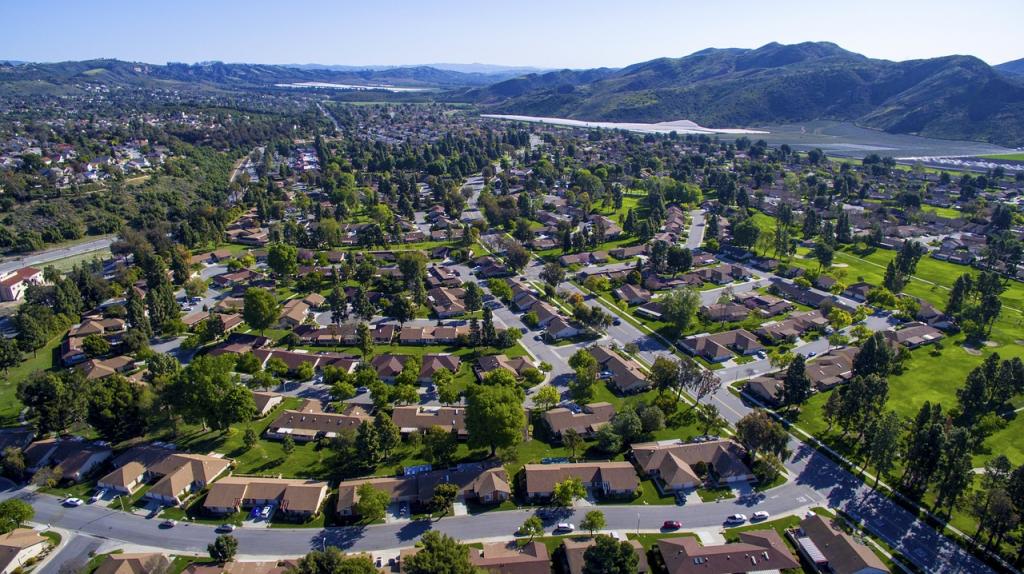The State Revenue Office of Victoria sends more than 300,000 land tax assessments to landowners all over the state every year. Due to the relative complexity of what these taxes entail, these assessments remain confusing for both first-time investment property owners and seasoned property owners.
It is for this reason that Goodman Group Lawyers have created a blog to simply demonstrate the information necessary for landowners to better understand tax laws. Read on to learn more.
Land tax basics
A land tax assessment will typically be comprised of all land in Victoria you own if the taxable value of your land holdings exceeds $250,000. This includes the land you jointly own with others, as well as your interest in any trust-held land. The assessment offers a site valuation for each property and/or land you own, which is then used to produce your land tax liability.
Although the home you live in is technically situated on a piece of land, this land is exempt from land tax. This is due to this land being classified as a “principle place of residence”, or PPR. Primary production land (such as farmland) and land used by charities is also exempt from any land tax.
If you’re unsure whether you are liable to pay any land tax, the State Revenue Office provides a handy online tool that can very quickly get you on the right track. The current rates are also available on the State Revenue Office website to provide more transparency.
Land tax exemptions
The list of land tax exemptions goes beyond personal residences. There are a wide variety of land forms that do not require tax to be paid. They are the following:
- Crown land
- Municipal and public land
- Public statutory authority
- Armed services personnel
- Friendly societies
- Sporting, recreational or cultural land owned by certain non-profit organisations
- Land leased for outdoor sporting, recreational or cultural activities by members of the public
- Health centres and services
- Residential care facilities and supported residential services
- Residential services for people with disabilities
- Retirement villages
- Caravan parks
- Mines
- Agricultural shows and farm field machinery days
Future changes to land tax
Costs associated with land tax are far from a constant – although currently taxes are revalued biennially (every two years), as of 2019 the Victorian government has put in place legislation to have revaluations occur annually.
In terms of the ever-strengthening Melbourne property market, this could invariably mean larger taxes for land owners. The most recent land valuation was in 2016, and the next valuation shall be in 2018 – this means that property owners have recently payed taxes on their lands value in 2016, rather than 2018, potentially saving them thousands of dollars.
This measure has been implemented as a means to restore some power to first home buyers, making property investing slightly less profitable for investors.
Learn more about land taxes
It should be noted that the State Revenue Office does not adjust land tax assessments for property bought, sold or settled during the duration of an assessment year. If you require advice related to property you may have recently purchased, you are required to consult a conveyancer – in this instance, Goodman Group Lawyers can assist in the clarification of any land tax adjustments made on settlement.
With land taxes being so susceptible to frequent law changes, it is never certain what your position might be. If you’re unsure how laws are affecting you, make sure to get in touch with the team at Goodman Group Lawyers to learn the latest.

